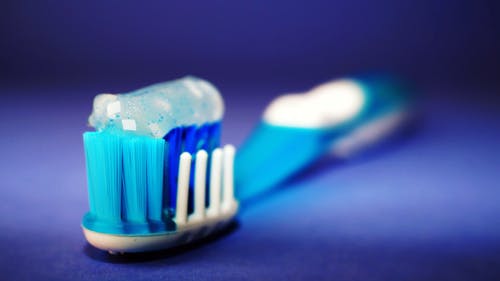Getting a dental crown can feel like a major step in maintaining good oral health. If you’re about to get one or have recently had one installed, you probably have a lot of questions. This article is here to guide you through what you should expect before, during, and after the procedure, making the whole process less daunting.
The Initial Consultation
Your journey to getting a dental crown starts with an initial consultation. Your dentist will examine your teeth, possibly take X-rays, and discuss why you need a crown. This is the time to ask all your questions and understand what the procedure entails.
Why You Need a Dental Crown
A dental crown is often recommended for various reasons:
-
To protect a weak tooth.
-
Restore a broken tooth.
-
Cover and support a tooth with a large filling.
-
Hold a dental bridge in place.
-
Cover a dental implant.
By understanding the reasons, you’ll feel more confident in the treatment choice.
If you have specific dental needs or ongoing oral health concerns, it’s a good idea to visit Smile Mas Dental for a thorough consultation.
The Procedure
The procedure for getting a dental crown usually takes two visits to the dentist.
First Visit Preparation
During the first visit, your tooth will be examined and prepped. The dentist will numb the affected area to ensure you feel comfortable. Then, a portion of your tooth will be filed down to make room for the crown. After this, an impression of your tooth will be taken, which will be used to create your custom crown. Your dentist will provide a temporary crown to protect your tooth until the permanent one is ready. It’s important to treat this temporary crown with care, avoiding sticky or hard foods that might dislodge it.
Second Visit Placement
At the second visit, your dentist will remove the temporary crown and place the permanent one on your filed-down tooth. They will check the fit, make any necessary adjustments, and finally cement the crown in place. Once this is done, your tooth will look and feel just like a natural one.
Immediate Aftercare
Once your dental crown is installed, you might feel some initial discomfort or sensitivity. This is completely normal and typically subsides within a few days.
Managing Discomfort
To manage any discomfort, you can:
-
Use over-the-counter pain relievers.
-
Avoid very hot or cold foods and beverages to reduce sensitivity.
-
Eat soft foods as your mouth adjusts.
It’s also important to follow any specific care instructions your dentist gives you.
Long-Term Care
Caring for your dental crown involves good oral hygiene and regular dental check-ups. Here are some tips to help:
Oral Hygiene Practices
Ensure you:
-
Brush twice a day with fluoride toothpaste.
-
Floss daily to prevent plaque build-up at the crown margins.
-
Use an antibacterial mouthwash to help reduce bacteria.
Regular visits to the dentist will help keep your crown and the rest of your teeth in good condition.
Longevity of Your Crown
With proper care, dental crowns can last many years, but they are not permanent. On average, a crown can last between 5 to 15 years. Factors that affect the longevity of your crown include:
-
The material used
-
Your oral hygiene routine
-
The amount of wear and tear the crown receives
Maximizing Crown Lifespan
To maximize the lifespan of your crown:
-
Avoid chewing on hard objects like ice or pencils.
-
Don’t use your teeth to open the packaging.
-
Address any night-time teeth-grinding habit with a nightguard.
The Psychological Aspect
Getting a dental crown can also play a significant role in improving your confidence and self-esteem. Having a restored, healthy-looking tooth can make a big difference in how you feel about your smile. For those who are concerned about their appearance after dental work, a dental crown can be a game-changer. It blends seamlessly with your natural teeth, leaving you with a smile you can be proud of.
Follow-up and Maintenance
Regular follow-ups with your dentist ensure the crown and the underlying tooth are in good shape. During these visits, your dentist will check for any signs of decay or complications and address them promptly.
Routine Check-ups
Routine dental check-ups typically occur every six months. These visits allow your dentist to:
-
Inspect and clean your teeth.
-
Advise on any changes to your oral care routine.
-
Check the integrity of your crown.
Enhancing Your Smile
Ultimately, getting a dental crown is about improving your oral health and enhancing your smile. If you’re considering or have recently had a dental crown installed, expect some adjustments. However, the long-term benefits of a healthy, radiant smile outweigh the temporary discomforts. If you’re looking for comprehensive dental care, consider services like Smile Mas Dental, where professionals ensure you get the best treatment possible.
Final Thoughts
Getting a dental crown installed is a common and highly effective dental procedure that restores both function and aesthetics to your teeth. While the process can seem intimidating initially, knowing what to expect makes it manageable. From the initial consultation to the final follow-up, you now have a clear understanding of the steps involved and how to care for your new crown. Remember to maintain good oral hygiene practices, schedule regular dentist visits, and address any issues promptly. With the right care, your dental crown will serve you well for many years, helping you maintain a healthy and beautiful smile.





